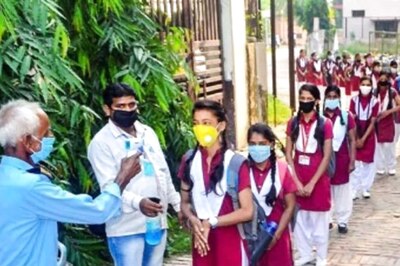
views
New Delhi: As the crucial bilateral talks between Prime Minister Narendra Modi and US President Donald Trump started in Japan’s Osaka at the sidelines of the G20 Summit, it was clear that both sides had different issues they wanted to discuss.
While PM Modi put a discussion on Iran with rising US-Iran tension as top priority, there were no surprises from Trump’s side as he immediately said he would discuss trade. The US President had tweeted about the same just a day ago.
The situation with regard to Iran has a clear bearing on India’s energy security. Post the meeting, India on record said oil imports from Iran had been brought down despite the impact on economy after the US sanctions against Tehran. India’s energy share import from Iran was 11 per cent. Foreign secretary Vijay Gokhale said PM Modi outlined not just India’s energy concerns but also the need for peace and security in the region. Gokhale said Trump hoped oil prices would remain stable.
As for trade, the foreign secretary described the engagement as “productive” as both sides were able to “clear the air and set the agenda to resolve trade matters”. The two leaders have directed their officials to take the issue forward and an early meeting of trade ministers will be worked out to resolve outstanding issues.
Another issue of divergence with regard to 5G trials in India and US pressure to not include Chinese company Huawei was discussed as well though the specific name of Huawei was not mentioned by Gokhale in his statement. He did point out how India made it clear that with a billion users and being the second-largest market for this technology, the country will determine where global trade goes on this count and thus, it is important for India and US to "collaborate".
Diplomatic sources had pointed out ahead of the talks that New Delhi was speaking to countries that are using Huawei. India’s decision will be based keeping in mind both national security and the needs of the telecom sector. The government has received six proposals for 5G trials, which include Chinese companies Huawei and ZTE.



















Comments
0 comment